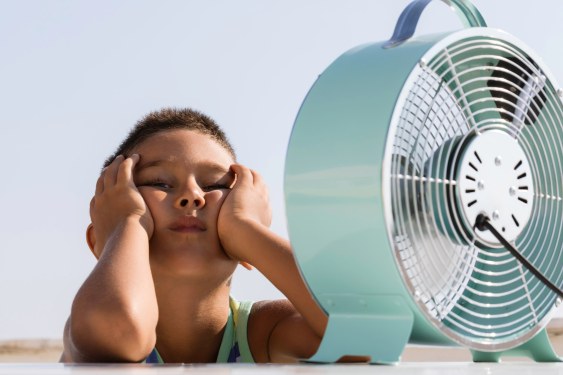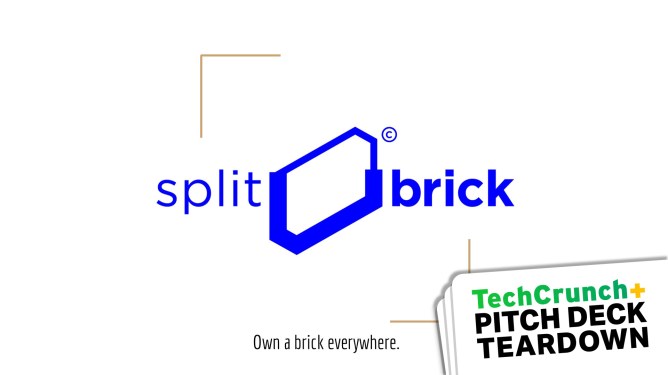When it comes to summer weather, a common saying goes that "it’s not the heat that gets you, it’s the humidity." While this may be a tongue-in-cheek remark from dads everywhere, there is some truth to it. High humidity can make people feel less comfortable and even pose health risks in extreme cases.
The Energy Strain of Air Conditioning
Air conditioning units are designed to remove moisture from the air, but they also generate heat as a byproduct of this process. According to experts, half of the energy used to power a typical air conditioner is spent on removing moisture from the air. This can be especially problematic for companies like Amazon, Walmart, UPS, and FedEx, which operate enormous warehouses that require significant cooling.
The Growing Concern of Warehouse Temperatures
Temperatures inside these warehouses can grow uncomfortably, potentially dangerously, hot during the summer months. With more than 2 billion people living in hot, humid regions around the world, there is a growing need for innovative solutions to address this issue.
Enter Transaera: A Startup with a Solution
One startup that is working to crack the humidity problem is Transaera. Founded in 2017, the company has developed a unique air conditioner that uses a special material to remove humidity before cooling the air. With over $7.5 million in funding to date and a current round of $6 million to support field trials, Transaera is poised to make a significant impact on the market.
Dedicated Outdoor Air Systems (DOAS)
Transaera’s initial focus has been on developing dedicated outdoor air systems (DOAS), which are specialized units designed for commercial buildings. These units dehumidify fresh air coming into the building, reducing the load on the air conditioner and making it more efficient.
The Benefits of Transaera’s DOAS
Transaera’s DOAS unit uses a proprietary material that coats its heat pump’s heat exchangers, which resemble a car’s radiator. This material removes moisture from the air as it passes over it, allowing for more efficient cooling and reduced energy consumption.
A More Efficient Approach to Dehumidification
In contrast to traditional DOAS systems, which often rely on cold temperatures to condense water on coils, Transaera’s approach uses waste heat to drive moisture off its desiccant material. This reduces the amount of energy required for dehumidification and makes it a more efficient solution.
The Potential Impact of Transaera’s Technology
With over 2 billion people living in hot, humid regions around the world, there is a significant need for innovative solutions to address this issue. By developing a more efficient air conditioner that can handle high humidity levels, Transaera has the potential to make a major impact on the market and improve the lives of millions of people.
The Future of Climate Technology
As climate change continues to be a pressing concern, companies like Transaera are leading the way in developing innovative solutions to address this issue. With its focus on efficient air conditioning and dehumidification, Transaera is poised to make a significant impact on the market and contribute to a more sustainable future.



